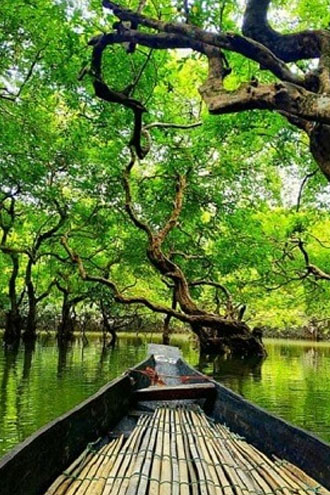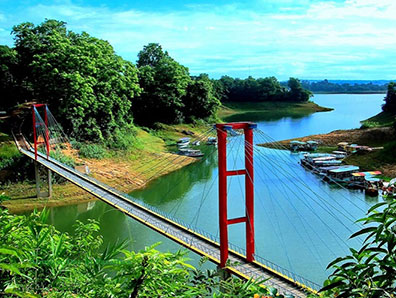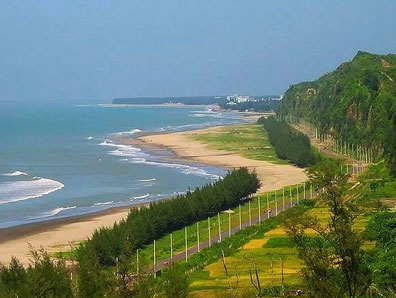Chad is a landlocked country located in North Central Africa. It is bordered by Libya to the north, Sudan to the east, the Central African Republic to the south, Cameroon and Nigeria to the southwest, and Niger to the west. The official languages are French and Arabic, and the currency is the Central African CFA franc. The population is approximately 15 million people. Chad is a presidential republic with a developing economy. The capital and largest city is N'Djamena.
Chad has a diverse cultural heritage, with over 200 ethnic groups and a rich tradition of music, dance, and crafts. The country is known for its traditional festivals, such as the Gorrila and the Ennedi Plateau, a UNESCO World Heritage site. The economy of Chad is based on agriculture, mining, and oil production, with a growing services sector.
Chad has a complex political history, with a long-standing civil war and political instability, as well as a history of authoritarian rule. In recent years, the country has made progress in promoting stability and economic growth, but it still faces challenges such as poverty, inequality, and limited access to education and healthcare.
Chad is also affected by the effects of climate change, particularly desertification, drought, and water scarcity. The government is working to address these issues through environmental protection and sustainable development policies, but there is still much work to be done to improve the lives of the people of Chad.


